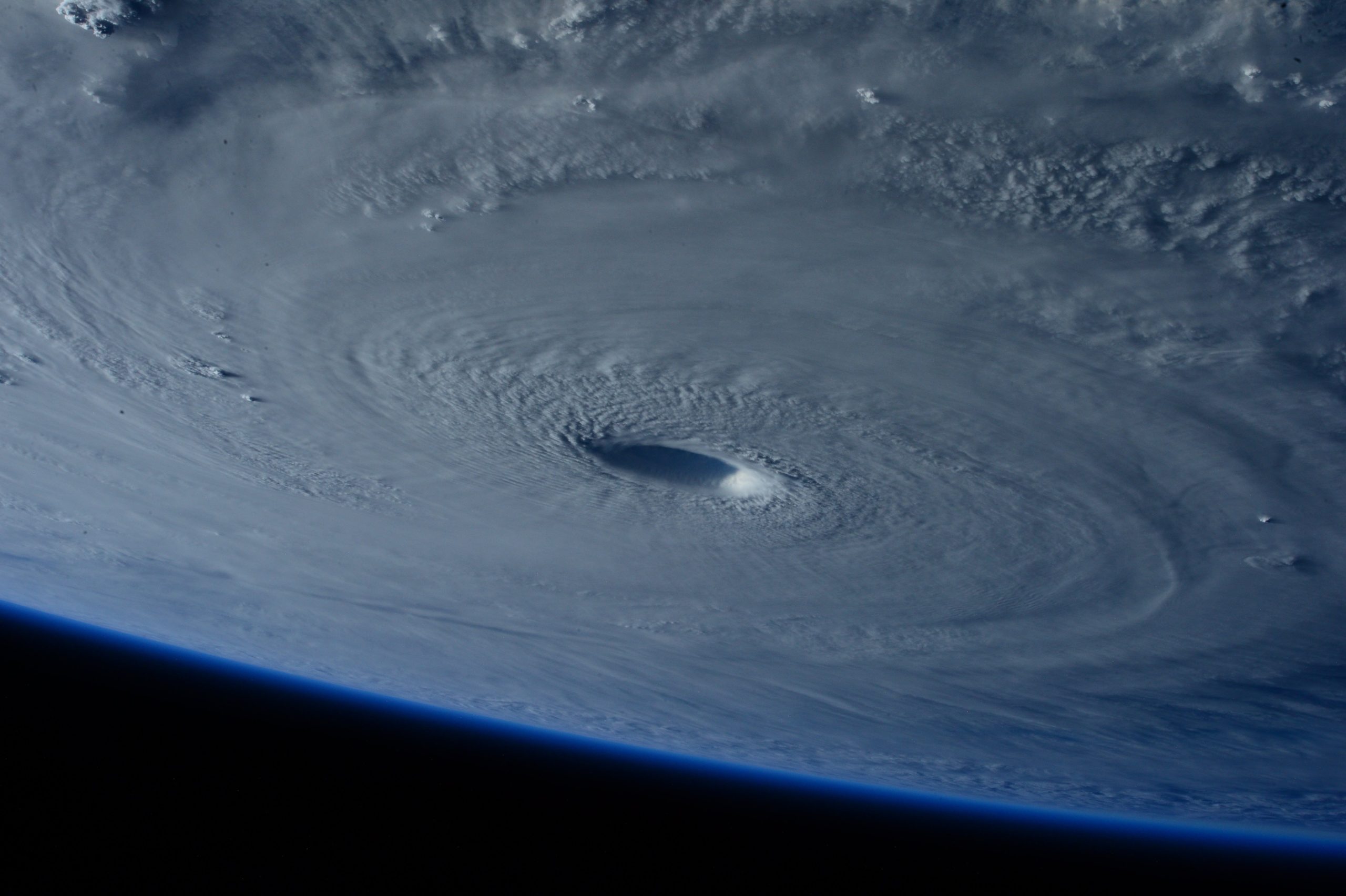The winter months bring more than just cold weather and shorter days; they bring the possibility of winter storms that may result in snow- and ice-covered landscapes. While it may be a winter wonderland for some, snow and ice buildup means a hazard with the potential for costly winter weather liabilities.
If you deal with either commercial or residential property, you are responsible for the side effects of winter. In legal terms, snow and ice are the same as any other hazard presented on a property, and just like any other hazard, property managers can be held liable if they cause injury. To avoid litigation resulting from winter injuries, it is important that you are vigilant in your snow and ice removal efforts.
Recognizing and Preventing Hazards
Winter brings a variety of hazards that you need to prepare for; slips and falls are by far the most common injury associated with winter weather conditions. Diligent snow and ice removal can go far in keeping walkways and parking lots safe. Remove snow quickly after snowfalls, and salt regularly to keep ice from building up.
Not all winter hazards are underfoot, however. Icicles, along with other accumulations of frozen or heavy snow above walkways and building entrances, can cause serious injury if they fall on those below. Remove icicles and other buildups as soon as possible. If it still appears to present a hazard, consider rerouting foot traffic around the area.
Performing preventative maintenance in the summer and fall can also keep you prepared for winter storms. Make sure eaves are properly installed, and check that downspouts are aimed away from walkways. If eaves leak or downspouts direct water onto walkways, snow that melts in the heat of the day has the potential to freeze and create a hazard with cooler nighttime temperatures.
For smaller rentals, sometimes the responsibility for snow and ice removal is commonly accepted by the tenant. To make sure responsibility is clearly established in this situation, the lease should include a provision citing the tenants as responsible for any snow and ice removal. This section of the lease should also establish how long after a snowfall the tenant has to clear public areas such as sidewalks, as most municipalities have laws requiring prompt snow removal. It is important to be as specific as possible to avoid any unnecessary liability or disputes after heavy storms.
Contracting Snow Removal
Based on the size and number of properties you manage and the average snowfall in your area, you may be inclined to contract out snow removal to an independent company. While this can save you the time and costs associated with managing snow removal yourself, it is important that you choose wisely to avoid complicating matters.
First, make sure the contractor has sufficient resources to meet your demands. It is important that they can be onsite quickly after, or even during, a snowfall to make sure walkways and parking areas are cleared. It is also important that they have the equipment and manpower to finish the task quickly to reduce any disruption to tenants’ lives or businesses.
Second, make sure the company you hire carries the proper insurance, covering both its operations and its employees. The last thing you want is to end up being liable for a worker’s injury when liability for injury is the very thing you were trying to avoid. Also, much like the lease agreement with a residential tenant, it is important to specify the conditions and time constraints for removal in writing. When contracting any type of service, it is essential to have a written contract that will guarantee you receive the services you pay for.
It should be noted that hiring a removal service does not absolve you of liability. If the company you hire provides poor service, or simply does not show up at all, you are still the party responsible for any injury resulting from a winter hazard. Make sure to pick a reputable company that you can trust to do a good job, and always have a plan of action for removal if they are unable to complete the work as quickly or effectively as you require.
For additional questions on your winter weather liabilities or broader risks and exposures, talk to your agent or contact Coterie Insurance today.
Disclaimer: This article/post should not be construed as rendering tax, legal, investment, or accounting, or insurance advice. At the time of a claim, coverage will be determined in accordance with the terms and conditions of the insurance policy. Accordingly, you are encouraged to review and understand your actual policy documentation prior to making any purchase decision. For more details, please review our Terms and Conditions.




